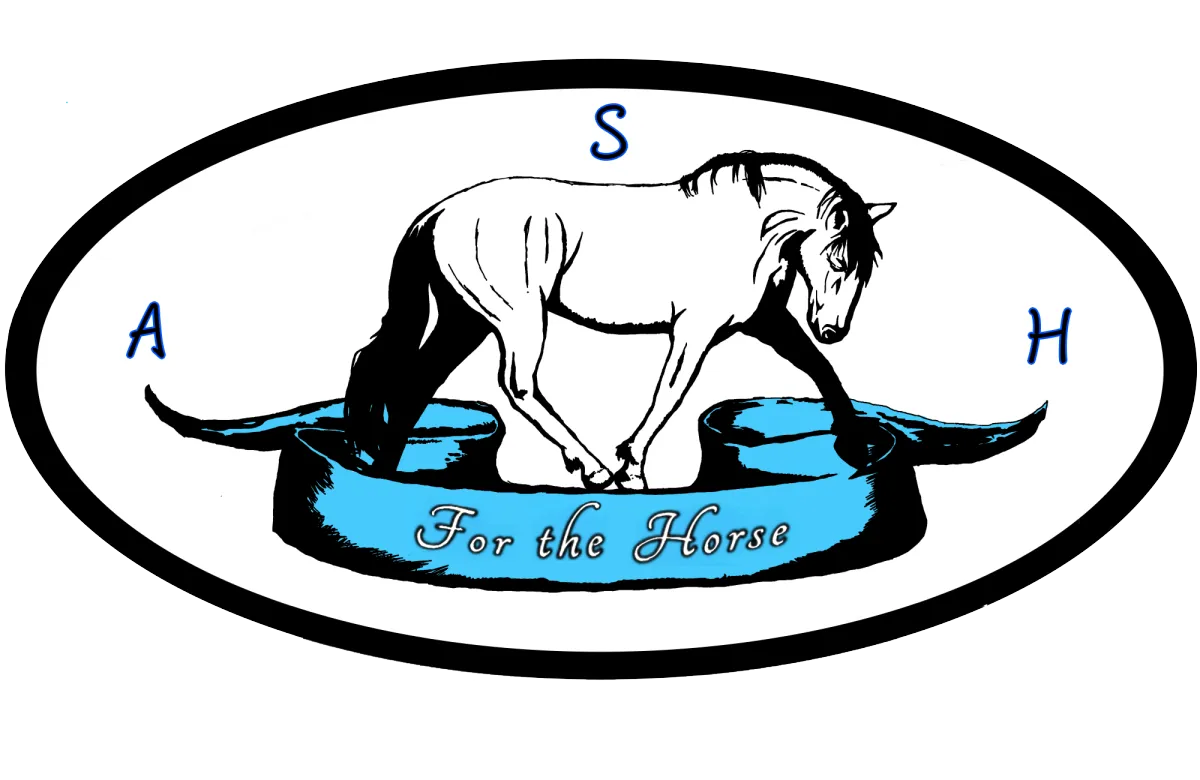BLOG

You Are An Athlete
You are an athlete.
You might say dismissive things like "I just trail ride," or "I just want to have fun with horses, nothing fancy."
Of course, you may not desire to be an olympic level rider, which would certainly amplify the athletic requirements, but the minute you step into the space of a 1200 pound flight animal, your athletic requirements begin. There is no real escape of this reality without consequences.
There are many skills required simultaneously for interacting with horses, on any level.
1- Spatial awareness: the ability to read an animal's intent and next steps, in response to your own body and the environment at large.
Many people struggle to take their awareness of their task at hand (opening the gate) into the environment at large (seeing the horses preparing to slip out that gate), but this is a muscle that can be exercised like any other.
At one end, this skill prevents injury and worse, keeps us safe and the environment productive and peaceful. At the other end you have mastery: the ability to use space and prediction of the horse's desires to shape a situation into a peaceful, productive and even artful expression of energy. If you have ever seen a masterful horseman working this way, it is almost as if they barely lift a finger to move a horse, but it's not magic: it's mastery of space and energy.
2- Coordination.
Any horse person from beginner to advanced has to be able to coordinate their own body, their gear, and the horse's body simultaneously. To manage the line, the horse attached to it, and your own feet requires some skill and practice - To be able to post without the hands coming up and blocking the horse's forward movement, and to a higher level comes the coordination of our legs, hands, seats and the horse's body to create very artful movements.
All the relationship training in the world will not prevent an uncoordinated person from blocking or damaging their horse in some small way, albeit accidental - pulling on a mouth is still pulling on a mouth, and so coordination is an essential skill. Many people overlook or discount this one: "I dropped my whip because it was too much for me," "I just went back to the halter because the bit was hard to put on," and so on. Of course I'm not advocating for using these things without skill - but avoiding developing the skill is a problem.
and or course, the most obvious:
3- stamina and strength:
In hand work and groundwork require some degree of fitness. When I work with horses, especially rehabs or greenies, I'm on my feet a long. Ten thousand steps is a very low end for me when working with a few horses: Lunging, walking, and so on requires your own stamina and ability to stay physically up with a horse.
Then as the horse develops under saddle, they require more cardiovascular fitness and core stability from us. It is not uncommon for a student to drop out of a trot when the horse was just on the cusp of letting go of their back due to their own fatigue. This lack of fitness here does harm the horse, because it causes us to not be able to support them in the way they need here.
Riding is a sport - and if we think of it that way, we will stop dismissing our needs as athletes. Most of us go above and beyond for our horses: great diets, bodywork, turnout time, exercise. What about you?
Your wellbeing matters too, very much. Your ability here helps your horse - and keeps you safe and happy. You deserve at least the same as your horse, to be a happy athlete, and enjoy a good quality of life.
GIVE YOU AND YOUR HORSE A PATH FOR DEVELOPING QUALITY HORSEMANSHIP.

© 2024 Amy Skinner Horsemanship. All Rights Reserved.